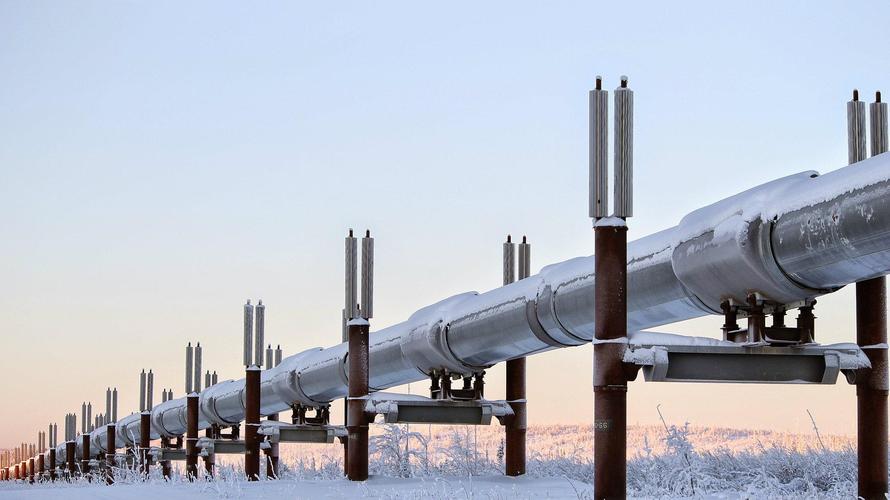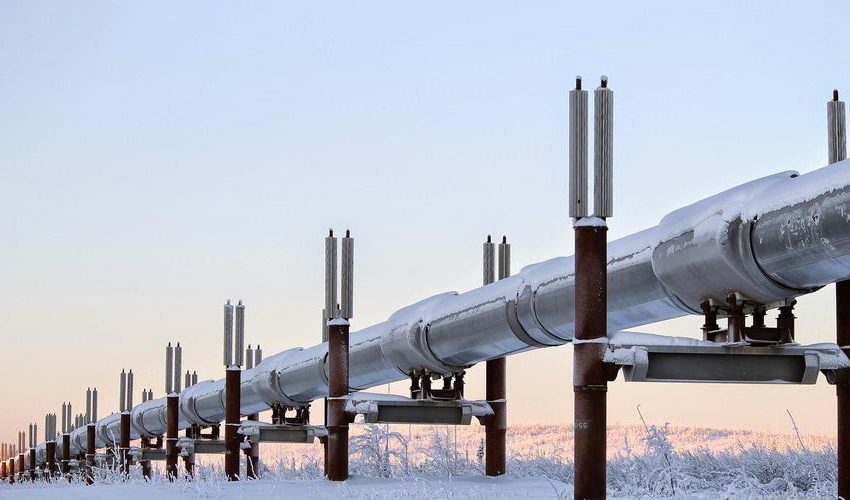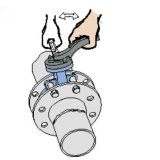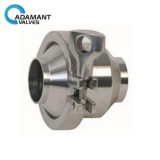Many people know that sanitary valves can be used for natural gas. Because natural gas is flammable, explosive, and corrosive, natural gas valves installed in underground pipelines must meet the following requirements in order to ensure long-term safe operation:
1. Corrosion Resistance of Hygienic Valve Material
The natural gas transported by pipelines contains a large amount of hydrogen sulfide before desulfurization (this is a poisonous and highly corrosive gas, which reacts with iron to form iron sulfide, which flakes off and corrodes machinery and equipment). Even if natural gas is treated by the desulfurization process, there is still residual hydrogen sulfide. Therefore, the selection of pipeline valves should choose sulfur-resistant and corrosion-resistant materials.
2. Rationality of natural gas valve structure
Buried gas valves should be designed for full diameter, reduce flow resistance, facilitate the passage of pipeline sweepers or pipeline detectors, and save operating costs; reduce the structural height as much as possible to save installation costs; the top of the valves should be equipped with fully closed opening and closing indicators so that operators can see the status of the valves at any time, so as to avoid misoperation.

3. Gas Valve Sealing
The leakage requirement of natural gas valves is very strict. The standard CJ3055-95 “Test and Inspection of Urban Gas Valves” stipulates that soft-sealed valves are not allowed to have any noticeable internal leakage under 1.1 times nominal rated service pressure, and hard-sealed valves are allowed to have less than 0.3D Nmm3/s under 1.1 times nominal rated service pressure. As for leakage, it is absolutely not allowed. Usually buried and more important valves are all welded body structure. In order to ensure the sealing performance of pipeline manual ball valve, excellent corrosion resistance, wear resistance, self-wettability and elasticity are required.
4 Natural gas valve is easy to operate
Most of the underground pipeline valves are opened and closed manually, so it is required that the opening and closing torque of the sanitary valves should be small, and the number of turns should not be too many, so that the gas source can be cut off as soon as possible after the accident occurs.
5. Simple Maintenance of Natural Gas Valve
Valve parts design should consider the use of less maintenance, maintenance-free structure, as far as possible to reduce the workload of maintenance, to reduce the valve maintenance and closed roads, affecting traffic.





